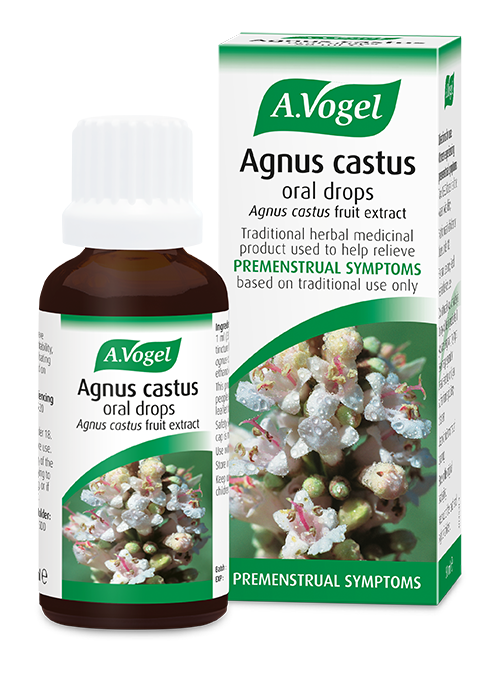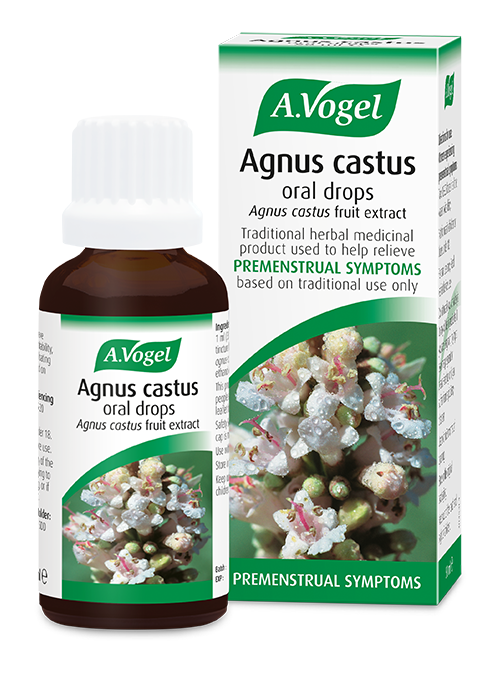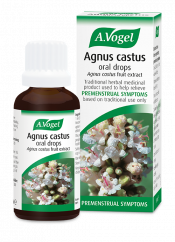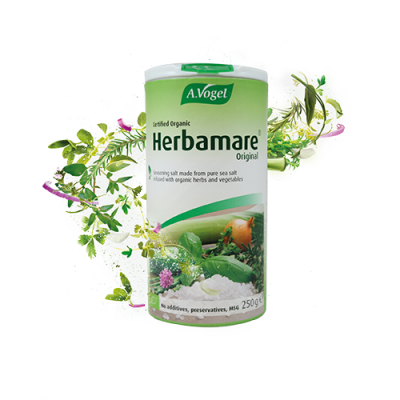An introduction to headaches and PMS
Women experiencing PMS can be more prone to headaches.
These range from a dull ache or sharp stabbing pain – a regular headache which seems to come more often in the week or so before your period. Or, if you suffer from migraine, you might find that these become more frequent around the time of menstruation.
Headaches causes you to feel miserable, making it difficult for you to think straight or concentrate. As well as this, it is more difficult to cope with other symptoms experienced.
It is important to remember that headaches can occur for a wide range of reasons, including stress, food intolerances and tiredness. If you are suffering from headaches regularly, it is worth having this investigated by a doctor as this will also help you to find an appropriate treatment.
Why does PMS cause headaches?
As with just about every symptom which occurs around the time of your period, hormones get the blame. In fact hormones get blamed for headaches, whether they occur around your menstrual cycle or not.
Serotonin is a hormone which triggers a headache, and it is thought that the way that your body metabolises the hormone is at the root as to whether you will be prone to headaches.
However, the female hormones progesterone and oestrogen also come into play when dealing with menstrual headaches. At the time of menstruation, the levels of these two hormones fluctuate, and for a variety of reasons, this makes you more susceptible to headaches.
Many birth control pills (and HRT) affect the level of oestrogen in the body. This means that women on contraceptives are more likely to develop menstrual headaches.
What can I do to help myself?
Unfortunately there is not an easy or quick self-help remedy which works for everyone suffering from menstrual headaches. However, there are a number of things you could try:
- Drink plenty of water – keeping hydrated is important at any time, but particularly when suffering from headaches, as dehydration will worsen any headache. Avoid caffeine and alcohol as these dehydrate you
- Temperature – being outdoors or sitting in a room which is either too hot or too cold may worsen your headache. Keep cool in the summer and warm in the winter
- Sleep – make sure you get enough sleep. Between seven and nine hours each night is perfect. Being tired is a known trigger for headaches
- Keep your blood sugar level – blood sugar which is too high or too low can cause a pounding headache, as well as make you feel dizzy. Eating more natural foods at regular intervals each day will help to keep your blood sugar level stable
- Avoid bright lights and loud noises – both of these have been shown to trigger headaches, in particular migraines. This is probably why many headache sufferers find that lying in a quiet dark room helps to alleviate their symptoms
- Avoid stress – stress gives rise to an increase in muscle tension and is perhaps the most common cause of headaches. If you can’t avoid stress, learn how to cope with it better.
Are there herbal remedies to help me?
There are a number of herbs that can be used to help your PMS headaches:
- If your headaches are also associated with other symptoms of PMS, address the root cause of the problem with Agnus castus. Also known as Chasteberry, it is the berries of this plant which are used medicinally. It has been used for many years and there is evidence to support its use for general symptoms of PMS. If you are on prescribed hormonal treatments, speak to your doctor before using Agnus castus
- If stress or anxiety are triggers for your headaches, consider the use of Avena sativa if symptoms are mild, or Valerian. Apart from making you feel calmer and more relaxed, they will also help you sleep better.
What about conventional medicines?
When suffering from a headache, it seems almost instinctive to reach for the painkillers to ease your discomfort. However, this is not necessarily the best solution, as many painkillers contain substances such as caffeine which actually worsen the headache in the long run. However, in the short term, painkillers could be helpful for many women.
If your symptoms are severe, your doctor may recommend a form of hormone treatment such as the oral contraceptive pill. However, these work by interfering with the normal menstrual pattern, which may not be an acceptable option for some women. In addition, some types of hormone treatments can cause headaches as a side effect as they interfere with the levels of hormones in the body.
Other treatments that may be recommended by your doctor include medicines to help anxiety (such as sedatives or beta-blockers) and anti-migraine drugs.
My PMS Journal
Keep track of your symptoms with our PMS Diary to identify patterns & help discover ways to minimise them.










